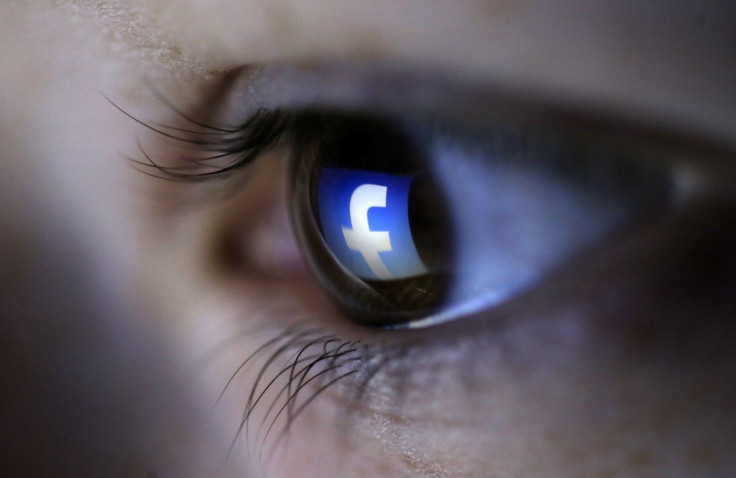Facebook denies targeting young Australians, Kiwis based on their emotional state

Facebook officially rejects allegations that it targets users as young as 14 based on their emotional states. The social media giant allegedly watches posts and other internet activities of young people and determines when they feel "overwhelmed," "anxious," "stressed," "useless," "stupid" and "silly" among other emotions and permits advertisers to target them when they are most vulnerable.
A statement from Facebook comes following a report by The Australian, in which the newspaper reveals that the social media platform is utilising algorithms to identify and exploit users by allowing advertisers to target them in moments when they need a confidence boost. The Aussie news outlet claims to have seen a leaked document marked “Confidential: Internal Only (2017)” which details how Facebook can target young people.
The document, which is supposedly prepared by two top Australian executives, David Fernandez and Andy Sinn, also describes how the social media site collects psychological insights on at least 6.4 million “young Australians and New Zealanders…in the workforce,” “tertiary students” and “high schoolers.” Furthermore, the document reportedly exposes that the company has detailed information on mood shifts of young users based on “internal Facebook data” not accessible to the public. The allege ploy appears to violate the Australian Code for Advertising and Marketing Communications.
But Facebook said in a press release that the article’s premise was “misleading.” “Facebook does not offer tools to target people based on their emotional state,” the press release published on newsroom.fb.com reads. Earlier, Facebook Australia reportedly issued a formal apology and pledged to “undertake disciplinary processes as appropriate.”
On a second statement, Facebook made no mention of an apology and said that the “analysis done by an Australian researcher was intended to help marketers understand how people express themselves.” The latest press release indicated that the data used on the research was aggregated and anonymous.
In 2016, a ProPublica investigation claimed that Facebook allowed advertisers to discriminate based on race. The company announced earlier this year that it would start using its AI to identify ads for housing, jobs and credit, and eliminate ads that targeted race.
Facebook also faced criticisms after publishing the results of an experiment in which it allegedly manoeuvred information posted on 689,000 users’ home pages and discovered it could alter people’s feelings through an “emotional contagion” process. Critics argued it was unethical because the filtering exposed some to “negative emotional content," The Guardian noted.
Digital Trends/YouTube
Read more: Technology giant SAP does $10 million Aussie hiring spree





















